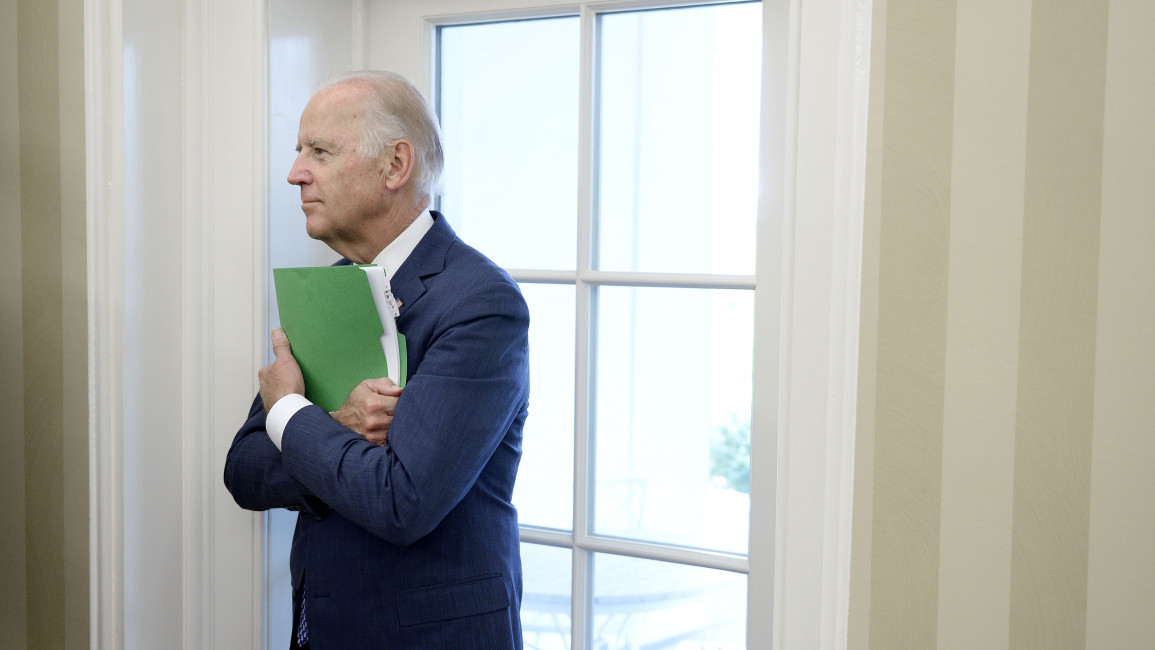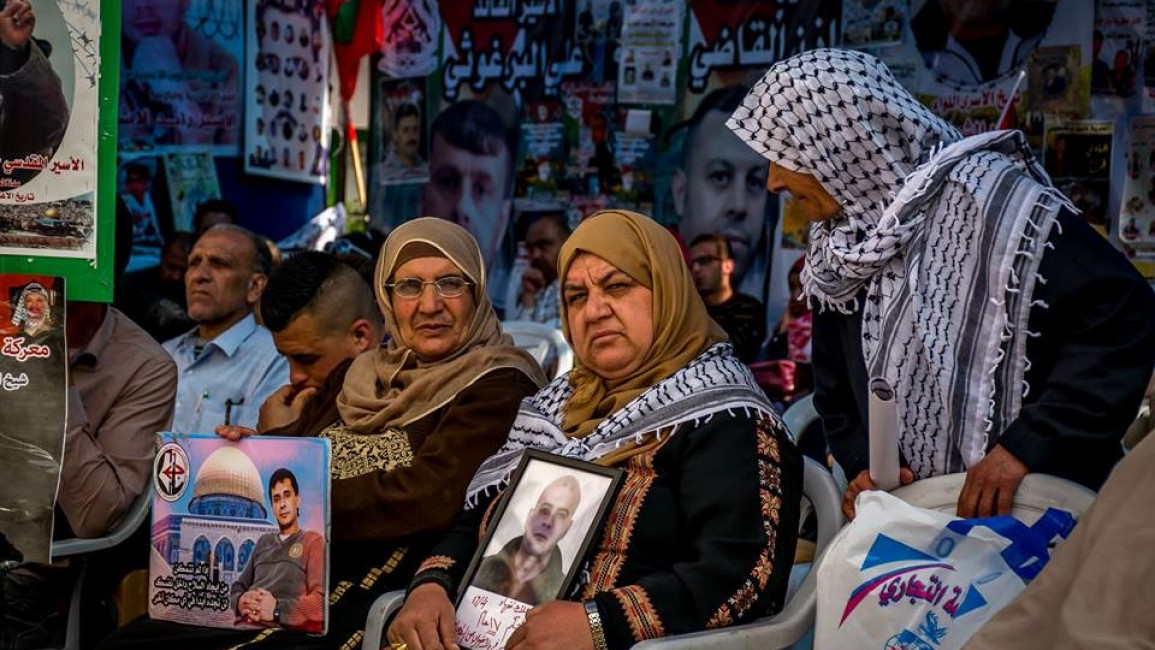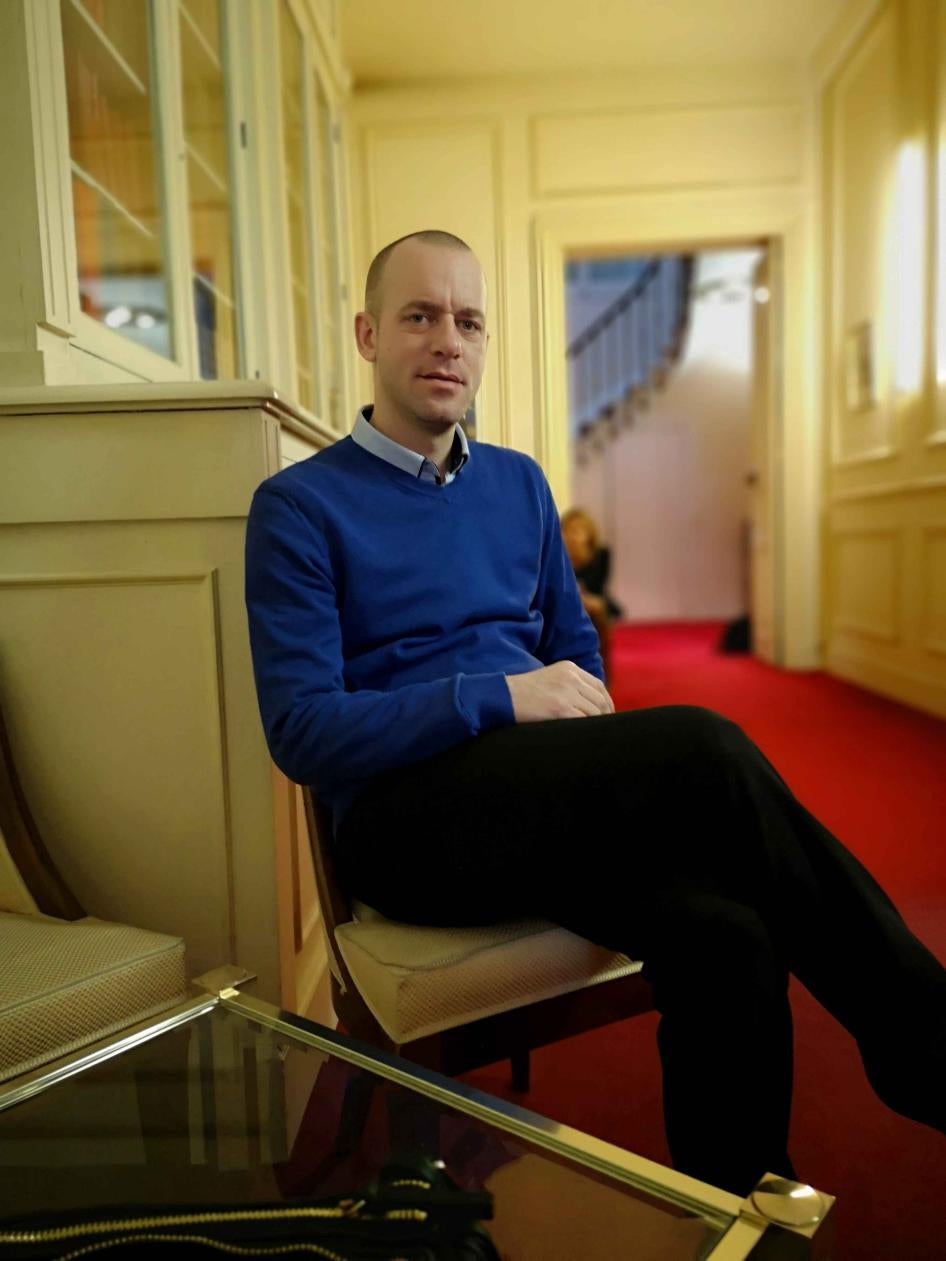How the Russian Orthodox Church is vying for influence in Africa
DMYTRO HORYEVOY
1 DAY AGO
Russia is strengthening its presence in the continent through the church, which operates in line with Moscow's foreign policy.
Late in 2021, the Synod of the Russian Orthodox Church (ROC) decided to establish an exarchate in Africa. Two dioceses were established: one in North Africa, with its centre in Cairo, and the other in the south of the continent, with a see in Johannesburg.
Bishop Leonid Gorbachev, the head of the new exarchate, also runs the recently established Armenian diocese of the ROC.
This was an unprecedented decision by the canons of Orthodoxy, where there is fairly strict adherence to territorial jurisdiction: the borders of a church region, province, or a whole patriarchate are considered inviolable and those who violate them are liable to trial.
The Patriarchate of Alexandria currently oversees the entire continent of Africa. Its mission in the equatorial part of the continent is relatively young and dates back to the second half of the last century.
One hundred years ago, the Phanar and the Patriarchate of Alexandria struck a deal — recognising the former's responsibility for the Orthodox diaspora throughout the world in exchange for the responsibility of the church in Africa for the latter. The Russian Orthodox Church had always acknowledged this.
But now, the ROC insists that the Patriarchate of Alexandria has never extended its jurisdiction beyond Egypt.
The territory of the Patriarchate of Alexandria is twice protected by church law: by general principles of inviolability and a specific canon. A violation of these principles is akin to a gross violation of international law. This has the potential to open a Pandora's box of interchurch relations, endangering the entire architecture of modern Orthodoxy.
What was the reason for such a violation of the canons and the common Orthodox ethics of behaviour? The ROC hasn't made it a secret that its move is in response to the Patriarch of Alexandria recognising the autocephaly of the Orthodox Church in Ukraine (OCU).
But the Patriarchate of Alexandria had recognised the OCU in early November 2019, more than two years ago.
Gorbachev also stated that the Moscow Patriarchate would not leave Africa, and the church would only "strengthen and expand".
That is, even in the case of a hypothetical withdrawal of recognition of the OCU by Alexandria and, therefore, the elimination of the root cause of the conflict (according to the Russians), it would not be enough to end the Russian presence.
Thus, it is possible that Ukraine was only a pretext for church expansion. It is more likely that it is about the ROC's role within Russia's neo-colonial ambitions in Africa.
Moscow, which has established relations with African countries from the Soviet era, has signed a memorandum of understanding on space cooperation with Zimbabwe. State-backed corporations are extracting minerals, and various private military companies are protecting friendly regimes.
It is highly likely that the decision to establish an exarchate was agreed upon — or at least discussed — with the foreign ministry.
In this context, the church serves as a source of soft power; Russia is strengthening its presence in Africa with the informal institution of the church, which, nominally separate, is operating in line with the national foreign policy.
The Moscow Patriarchate has a whole range of activities in Africa, including includes the promotion of Russia in the region, building its positive image as well as denigration of the "collective West". Its role may also include spiritual support to various Russian mercenaries and lobbying in places where the Kremlin fails to achieve its goals.
The ROC is also using finances to support its mission. Orthodox priests used to receive a salary of about $100 from the Patriarchate of Alexandria, a reasonable sum by local standards. Moscow has doubled the salary. By the end 2020, 102 priests allegedly — the ROC has not published any names, personal records, or documents, keeping these priests secret — joined the ROC.

Consequences
The Patriarchate of Alexandria, a victim of Moscow's aggression on its ecclesiastical jurisdiction, asked Patriarch Bartholomew to convene the Synaxis of Pentarchy, a special council of the ancient Eastern Patriarchates, which can condemn the actions of the ROC.
There are three scenarios for sanctions against the Russians. The first two are personal sanctions that would be applied to different members of the clergy, from ordinary clerics (ROC priests in Africa — Andrei Novikov and Georgy Maximov) to members of the Synod and Patriarch Kirill himself. They could be stripped of their ministry for violating the canons.
The toughest scenario calls for institutional sanctions: the abolition of Moscow Patriarchate and liquidation of the ROC by annulling its autocephaly.
This could be done in the following way.
The fundamental document that established patriarchy in Moscow and recognised the autocephaly of the ROC was the charter of 1593, signed by the four Eastern Patriarchs. The modern Eastern patriarchs (or some of them) can simply revoke the signatures of their predecessors under this document, due to violations, and it will automatically become invalid.
Three of the five representatives of the Pentarchy have already recognised the OCU and been sanctioned by the ROC, meaning they have motives to condemn the ROC.
The other two — the Antioch (Syria and Lebanon) and the Jerusalem (Palestine, Jordan) — are neutral on the Ukrainian issue but may take a different stance on the ROC's moves in Africa.
The Bishops' Council of the OCU is scheduled to take place on May 24, but is unlikely to make any major decisions. Moscow is also planning to hold its own Bishops' Council, which it postponed from its scheduled date in May to autumn or winter. Formally, this is because of European sanctions, making it difficult for bishops to visit Moscow. But Patriarch Kirill of the ROC is also wary of facing rather uncomfortable questions from Ukrainian bishops.
The Russian Orthodox Church has instrumentalised the independence of the Ukrainian church and has shown that it is willing to do anything to attain its goals. Because of this, world Orthodoxy is entering a severe crisis that brings the threat of a new global schism.
A version of this article first appeared in TRT Russian.














